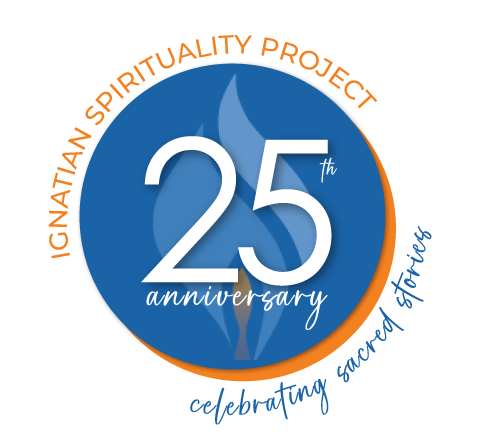by Vinita Hampton Wright
Step 10: We continued to take personal inventory and when we were wrong promptly admitted it.
One of the best gifts of Ignatian spirituality is a simple prayer called the Examen. Ignatius considered it so important that he allowed Jesuits to skip any other prayer—but not that one. The Examen is a five-step process for reviewing your day. It’s sort of a daily version of doing a “searching and fearless moral inventory.” Here are the steps, with some commentary.
Step 1: Ask for light. I want to look at my day with God’s eyes, not merely my own.
We need support when we courageously face ourselves. If I look at my life with just my own opinions and understanding, there may be more judgment than mercy, more despair than hope—or more pride and self-justification than honesty. When I invite God to be with me as I do a searching and fearless moral inventory, I bring along God’s unending love, mercy, and truth. Mercy provides a place to land when I am overcome by regret or grief.
Step 2: Give thanks. The day I have just lived is a gift from God. Be grateful for it.
Gratitude is a choice, and people who learn to look for the gifts in their lives begin to see the world in a way that helps them grow in strength and hope. When we build the habit of saying thank-you, we gradually soften our hearts so that patience and compassion can grow in us.
Step 3: Review the day. I carefully look back on the day just completed, being guided by the Holy Spirit.
Step 4 of the Twelve Steps program requires an inventory that covers a person’s life up to the present. When we are transitioning to a new life, such an inventory can be crucial. However, and Examen-type prayer can help us do an inventory every day so that we can pay attention to what’s happening and deal with it regularly rather than allow things to “pile up.” This review also helps us notice our interior habits. After doing a daily review for a while, I am more likely to understand what triggers my fear or what helps me to be generous to another person.
Step 4: Face your shortcomings. I face up to what is wrong—in my life and in me.
If I’m doing this prayer every day, then today I am simply looking at what’s wrong today. There’s no need to carry the baggage of yesterday because I prayed over that stuff yesterday. Today I look at my life and say something like, “Well, I didn’t lose my temper today, and that’s progress. But I did get angry at [name], and I let the anger simmer in me all afternoon. God, help me deal with that, help me let go of anger and stop it from growing.”
Step 5: Look toward the day to come. I ask where I need God in the day to come.
You can’t see the future, but you can see what is likely to happen tomorrow—what meetings or conversations you might have, what work you’ll have to do, and so forth. This step of the Examen encourages you to think ahead to what might be difficult and pray about it in advance. This prepares you for tomorrow but also reminds you that God will be there too.
The Examen trains us to pay attention to what happens in a day and to what we do, how we think, what bothers us, what helps us. It’s a program in developing self-awareness. But it also trains us to see our lives as important to God—even the daily details—and it reminds us that God can help us make good choices, moment by moment.

0 Comments